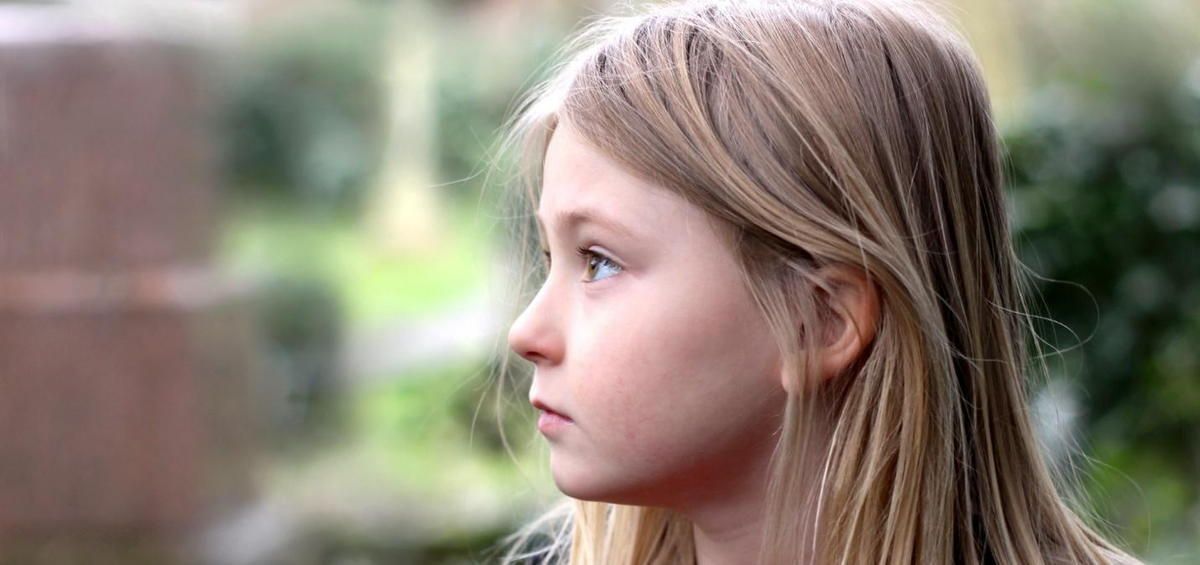The Pandemic Made My Adult Child’s Eating Disorder Worse and They Refuse To Get Help
The Pandemic Made My Adult Child’s Eating Disorder Worse and They Refuse To Get Help
Has your adult son or daughter moved in with you during the Coronavirus pandemic and their eating disorder symptoms have gotten worse?
Is your son or daughter compulsively exercising, becoming obsessed with healthy eating, losing too much weight, or hoarding food and gaining weight? Do you think they may be making themselves throw up?
Have your tried to reason with them and offered to pay for counseling but they are still refusing to get help?
The year 2020 onward has been one of the most distressing times in modern history. Because of lockdown and social isolation, emotional and psychological issues are on the rise, so much so that the depression symptoms among adults in the U.S now have tripled in comparison to the pre-covid era.
This can make it harder for people with existing mood or eating disorders - and even cause relapse for those already treated.
Recently, for various reasons — loss of job, safety concerns due to pandemic, breakups, etc. — many adults have moved back in with their parents. When an adult child comes back to live with their parents, a lot of distressing eating and exercise habits can be easily identified.
Watching your child engage in unhealthy and even dangerous eating and exercise behaviors can make anyone concerned. And almost every parent wants to help their kid, be it emotionally, physically, or financially.
But independent adult children are no longer under your care as they can manage in most areas of their life, so it can be increasingly hard to convince them to break their unhealthy eating disordered habits and seek professional help.
A simple “I’m not going” can put parents in a tricky spot because you cannot force your child or use your financial aid as leverage because your children are no longer dependent on you.
Emotional eating or restricting can be an immensely powerful coping mechanism that many of us use when we want to feel better and fight mental distress.
Most adult children have never experienced being trapped in their home, especially during a time of life where you want to be free and independent. The stress of the pandemic lockdowns may have made your son or daughter more conscious of their weight and health.
Making some changes in diet or becoming focused on your health can be normal to a point. However, it can become a dangerous problem when one’s relationship with food and exercise takes on more intensity and becomes and obsession.

They may have started to use food and/or compulsive exercise as their primary coping mechanisms because it helps them fight stress and other underlying emotional issues. Have you noticed your adult child restricting excessively to meet their fitness goals, even if it means depriving their body of essential nutrients? Or on the opposite end of the scale, have you noticed them soothing with food, hoarding it, and purging in the bathroom?
These symptoms can be extraordinarily powerful ways to feel better in the moment, especially in lockdown, where we cannot go outside, cannot socialize, and do not have access to activities that make us feel better. Control of eating and exercise seems to be at least one area of our life that we can still easily reach and still control.
And it is important to know that eating disorders are among the most severe psychiatric disorders because they can increase the likelihood of health risks and even death.
These bad habits can be easily incorporated into your child’s life, and sometimes they may not notice that they have a problem or even deny that these behaviors are unhealthy. It does not help that these behaviors are reinforced and encouraged by unhealthy social media sites!
This can be common among individuals who live independently and are not aware of their unhealthy eating patterns because they live alone and do not have anyone to provide feedback.
Or they may have greater control over their lives and resources, so they are more likely to do what they desire.
But at the same time, for the safety of your child, it is crucial that they seek professional help.
So how can you convince your adult child to engage in treatment?
- The first thing you must do is change your approach because your child is now an adult. Scare tactics, pressurizing, removing the food, etc., are not likely to sustain favorable outcomes in the long run and can cause your child to become more isolated, resentful of you, and secretive.
It will be much better if you discuss the issue with them instead of threatening or ordering them to get help.
- Start your search for credible specialists before having the discussion with your child, so once they agree, you can get to the treatment at once or refer them to whom they should see.
- Prepare yourself to have ‘the talk’ with your child. Educate yourself about the condition first so you understand how it truly feels to be in their position so you can put forth a convincing argument for why they need to take their eating disorders seriously and what is at stake if they do not.
- Avoid ultimatums, commenting on appearance or weight, shaming, or blaming. Instead, encourage them to get professional help.
- Pick a good time and place where both you and your child can pay proper attention to one another. Let them know beforehand that you need to have an important conversation with them so they can understand that it is something serious and that they need to pay proper attention.
- Approach them with empathy, start with something like, “I have noticed that you have lost some weight during the past six months. We also heard you complaining about not having your periods, and we think that there might be something else going on that you need to pay attention to. We love you more than anything, and we wouldn’t be having this conversation if we didn’t.”
- Once the conversation starts, tell them how their symptoms are terribly similar to an eating disorder and what it could mean in the long term. It could be that your child is not aware of the severity of the situation, and that is why they might be reluctant or ignorant of the matter.
If your child still refuses, ask them what is holding them back and if there are any other underlying issues, they are facing that they would like to talk about.

Getting to the roots of your child’s distress can help you tackle the issue more effectively.
Also, make sure that you do not become angry or resentful in the process, and you are not letting your fears and concerns get the best of you.
While it is important that you go the extra mile for your child’s well-being, if they are not comfortable with you being involved, it is better to put the word out there and let them know that solutions exist if they need. Giving them space without being rejected can lead to better results and let them know that you are always available if they need someone to listen and support them.
Most important, never give up! Resist the urge to go into denial like your adult child but do so without hostility or panic. This is a tall order when the person you love most in the world is in danger. At The Body Image Counseling Center, we have coached hundreds of parents about how to successfully steer their adult children towards treatment and recovery. Do not be afraid to ask for support and help – you do not have to go it alone!










